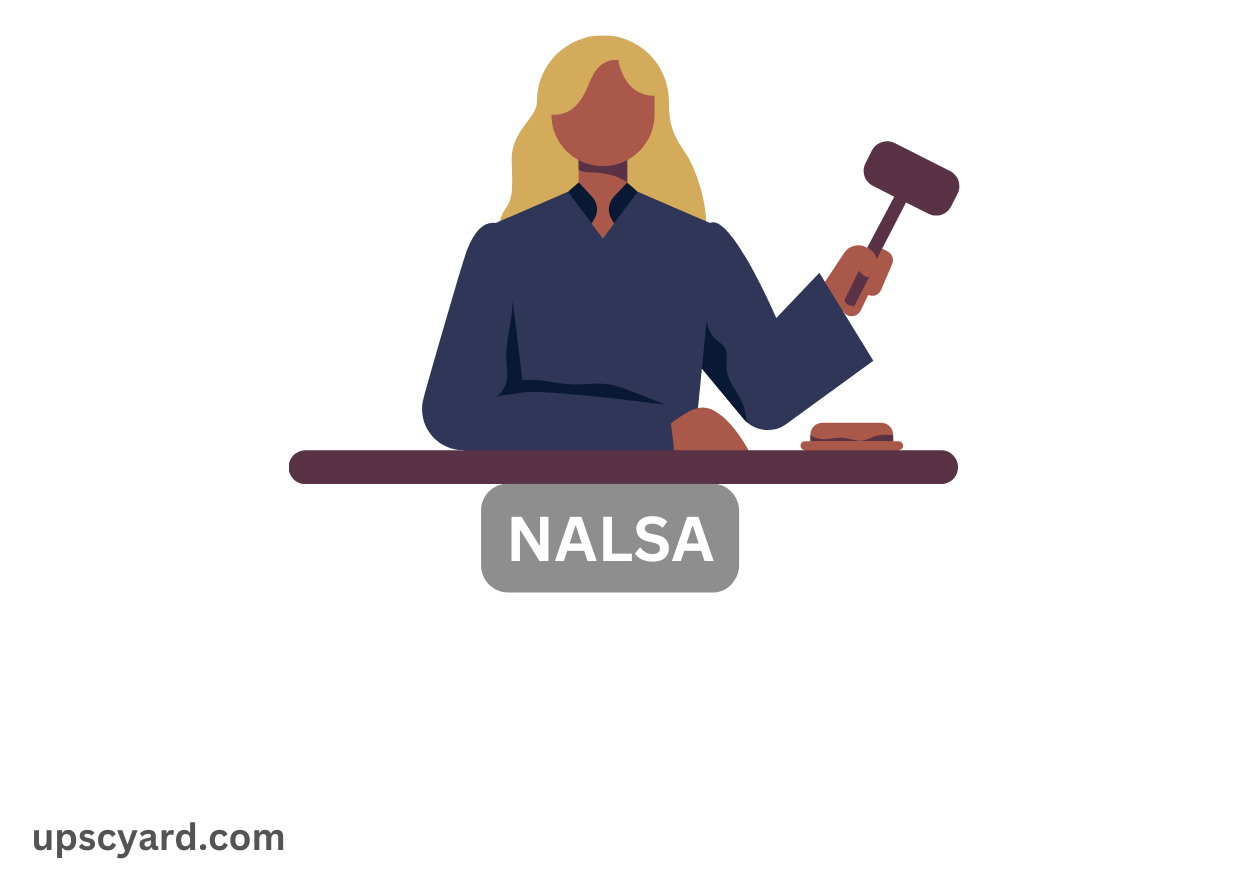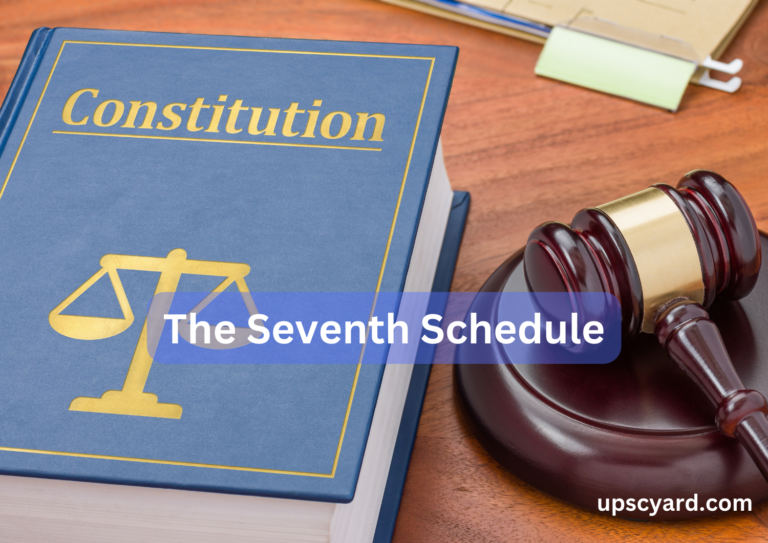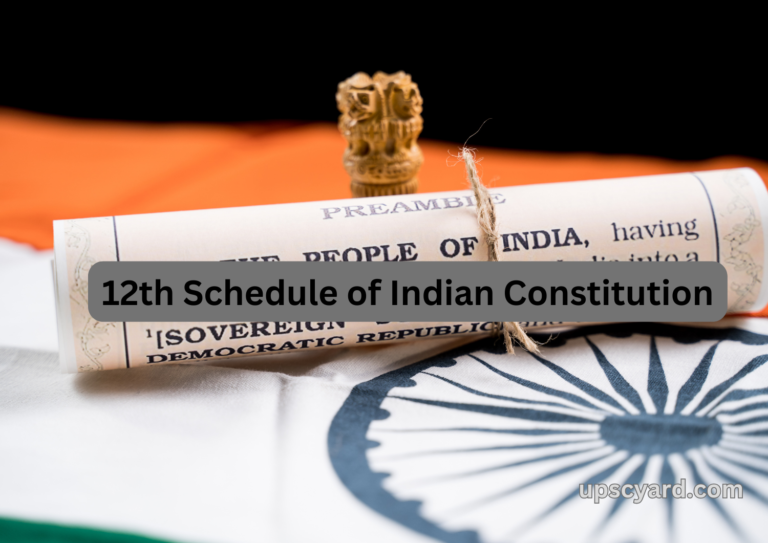Here is the document of NALSA Schemes by Government
National Legal Services Authority (NALSA): Advancing Justice for All
Introduction
The National Legal Services Authority (NALSA), established under the Legal Services Authorities Act of 1987, is a cornerstone of India’s commitment to providing equal access to justice for all citizens. NALSA plays a pivotal role in ensuring that the poor and marginalized sections of society have access to competent legal services, thus promoting justice and equality.
Constitutional Mandate
Article 39 A of the Indian Constitution enshrines the provision of free legal aid to the underprivileged and weaker segments of society, aiming to ensure justice based on equal opportunities. Furthermore, Articles 14 and 22 (1) obligate the State to guarantee equality before the law. These constitutional imperatives lay the foundation for NALSA’s mission.
Historical Evolution
NALSA became operational in November 1995, with the mandate to create a unified nationwide network providing legal services to disadvantaged individuals at no cost. Its inception was instrumental in realizing the constitutional vision of equal access to justice.
Key Functionality
- Lok Adalats: NALSA serves a crucial role in organizing Lok Adalats, facilitating the swift resolution of cases. Lok Adalats represent an informal and people-centric approach to dispute resolution, contributing to the reduction of the burden on the formal judicial system.
- Leadership: NALSA’s Patron-in-chief is the Chief Justice of India, symbolizing the authority’s esteemed stature. The Executive Chairman is the second senior-most judge of the Supreme Court. This high-level leadership underscores NALSA’s commitment to legal empowerment.
- State-Level Implementation: At the state level, State Legal Services Authorities are established to execute NALSA’s policies, extending legal aid and organizing Lok Adalats within the respective states.
- Financial Support: NALSA provides financial resources to State Legal Services Authorities, enabling the implementation of various legal aid programs and initiatives that benefit marginalized communities.
- District-Level Initiatives: To ensure a granular reach, District Legal Services Authorities are instituted, contributing to the effective dissemination of legal services at the district level.
- Taluk Legal Services Committees: These committees are set up at the Taluk or Mandal level, or for a group of Taluks or Mandals. They act as a local link to coordinate legal services activities and organize Lok Adalats. Each committee is overseen by a senior Civil Judge who serves as its ex-officio Chairman.
Objectives
NALSA’s primary objective is to expedite case disposal and alleviate the burden on the judiciary. However, its multifaceted mission extends beyond this and encompasses:
- Spreading Legal Awareness: NALSA is committed to enhancing legal awareness among the general public, making them cognizant of their rights and responsibilities.
- Organizing Lok Adalats: By conducting Lok Adalats, NALSA contributes to the amicable settlement of disputes, reducing the backlog of cases in regular courts.
- Promoting Dispute Settlements: NALSA encourages the peaceful resolution of disputes, minimizing the adversarial nature of litigation.
- Providing Victim Compensation: NALSA facilitates the provision of compensation to victims of crime, ensuring restorative justice for those affected by criminal acts.
NALSA’s tireless efforts align with India’s constitutional values, striving to make justice accessible and inclusive for all sections of society.
State Level: State Legal Services Authority
- Patron-in-Chief: The State Legal Services Authority plays a pivotal role in implementing legal aid policies at the state level. It is headed by the Chief Justice of the respective State High Court, who serves as its Patron-in-Chief. This structure helps align legal services with the unique needs of each state.
1. District Level: District Legal Services Authority
- Ex-Officio Chairman: Working at the grassroots level, the District Legal Services Authority is responsible for effectively delivering legal services within a specific district. The District Judge takes on the role of ex-officio Chairman, making justice accessible to local communities.
2. Taluka/Sub-Division Level: Taluka/ Sub-Divisional Legal Services Committee
- Headed by Senior Civil Judge: Operating at the taluka or sub-division level, these committees are essential for bringing legal aid closer to the people. Each committee is headed by a senior Civil Judge, who ensures the coordination of legal services within their jurisdiction.
3. High Court: High Court Legal Services Committee
- Ensuring Legal Aid at the High Court Level: For matters that pertain to High Courts, the High Court Legal Services Committee plays a vital role in providing legal assistance and support. It operates within the framework of the respective High Court.
4. Supreme Court: Supreme Court Legal Services Committee
- Legal Aid at the Apex: At the highest echelon, the Supreme Court Legal Services Committee is responsible for offering legal aid to individuals who require assistance at the Supreme Court level. It ensures that even at the apex of the judicial system, justice is accessible to all.
Eligibility for Free Legal Services
Legal services institutions aim to make justice accessible to those most in need. The following categories of individuals are eligible for free legal services:
- Women and Children: Legal aid is extended to women and children who require legal support, ensuring their rights and interests are protected.
- Members of SC/ST: Individuals from Scheduled Castes (SC) and Scheduled Tribes (ST) receive legal aid to address their unique legal needs and challenges.
- Industrial Workmen: Workers employed in industries are eligible for legal services, particularly in cases related to labour disputes or workplace issues.
- Victims of Disasters: Those affected by mass disasters, violence, floods, droughts, earthquakes, and industrial disasters receive assistance in rebuilding their lives through legal support.
- Disabled Persons: Persons with disabilities are provided with legal aid to ensure their rights and access to opportunities.
- Persons in Custody: Individuals detained or in custody have a right to legal aid to safeguard their interests and due process.
- Income-Based Eligibility: Those with an annual income below a specified threshold, determined by the respective State Government, are eligible for free legal services. The income threshold applies in cases before any court other than the Supreme Court. If the case is before the Supreme Court, the income limit is less than Rs. 5 lakhs.
- Victims of Trafficking and Begar: Victims of human trafficking or forced labour (begar) are extended legal support to escape exploitation and seek justice.
The structure of legal services institutions and the breadth of eligibility criteria ensure that legal aid is accessible to those who need it, promoting justice, equality, and legal empowerment.




